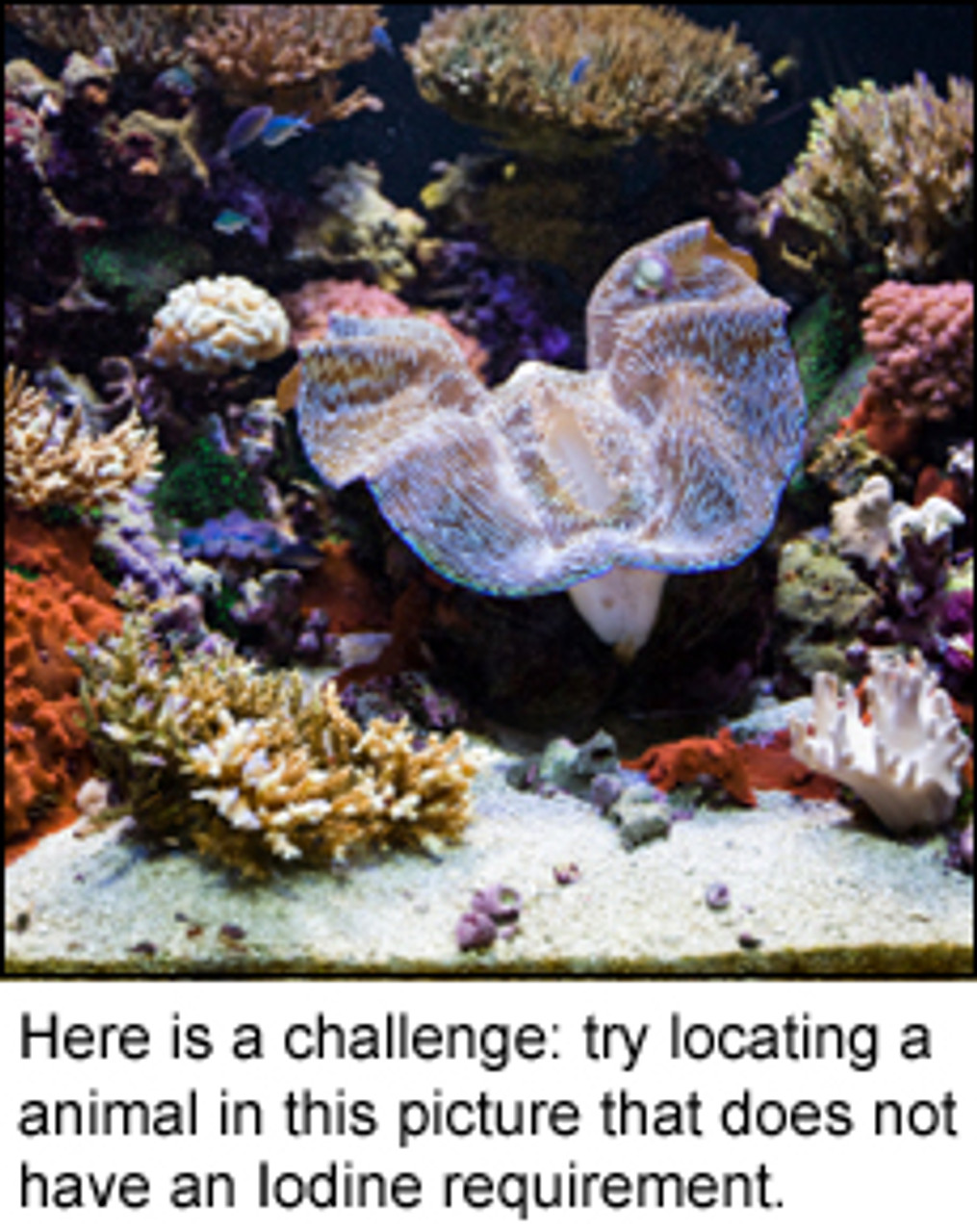Conservation Corner

Difficult times lie ahead for an industry that pays more attention to bottom lines and profits than the resource it relies on for the products it sells. The coral reefs are in danger, as are fish populations in many reef environments around the globe. Responsible ornamental harvest is sustainable, and something the industry can demand and support, but storm damage, coastal run-off from industry and farming, and food fishing are beyond our control. Many marine resources that our trade has relied on in the past are no longer producing supply enough to meet demand. Whether by irresponsible over-harvest, destructive fishing practices, or any of the more common threats mentioned above, many reefs are no longer producing. In most cases, it is the reef itself that is unhealthy, and where there is no habitat, there are no inhabitants.
Quality Marine works tirelessly to support responsible operators that collect in a sustainable manner and protect the reef habitat. We encourage all industry professionals to do the same. As one of only a few MAC certified importers, we continue to exhibit our commitment to helping make this industry a better one, to help protect our resources for not only the longevity of our trade, but also for the preservation of the environment. Throughout the south pacific and the indo pacific, clam farms and coral farms are sprouting up from the ocean floors, in protected lagoons, and on land. This is a reassuring trend that we fully support, and hopefully in time, the majority of what we trade in will be aqua-cultured. Although not as cost-competitive yet as wild-collect specimens, these propagated animals represent a sustainable direction for our industry, and should be favored despite increased cost. As critical mass is reached, and supply swells, costs will drop and we'll have an environmentally sound trade in corals and clams. Reef restoration is an activity that should be carried out by these farms in as well, an activity whereby corals and clams are re-planted in storm-damaged or otherwise injured reef environments.
Quality Marine has set up it's own reef rehabilitation program called reefhab, which will funnel a portion of Quality Marine profits, charitable donations, and grant money to various aquaculture and reef restoration efforts worldwide. The Winter 2006 QM Current conservation corner will detail our current efforts in that regard and future issues will highlight other responsible aquaculture and mariculture efforts that we support, and the species they produce.